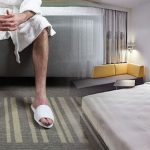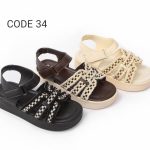The Role of Hotel Slippers in Enhancing Hygiene and Guest Experience
what will you read...
1. A Hygiene Barrier Between Feet and Floors2. Enhancing Comfort and Sensory Experience3. A Marker of Professional Service Standards4. Branding and Marketing through Slippers5. Compliance with Hygiene RegulationsConclusion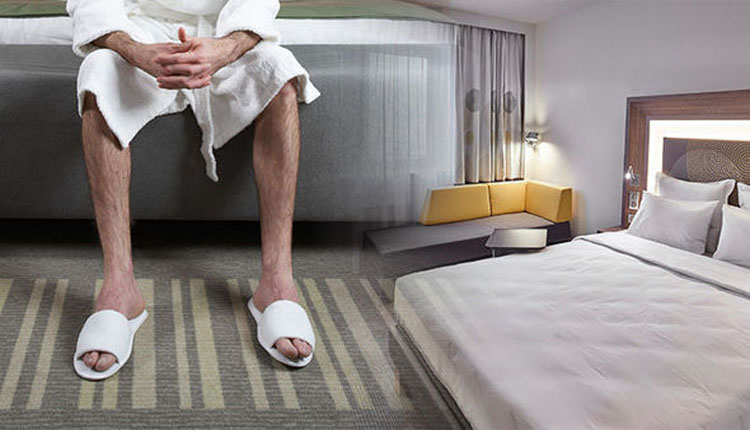
In the competitive world of hospitality, guest satisfaction and hygiene standards are key factors for success. One seemingly minor item that can significantly impact both areas is the hotel slipper. Though small and often overlooked, hotel slippers play a vital role in ensuring guest comfort, maintaining cleanliness, and even supporting a hotel’s brand image. This article explores the necessity of using hotel slippers and their influence on hygiene, guest experience, and overall service quality.
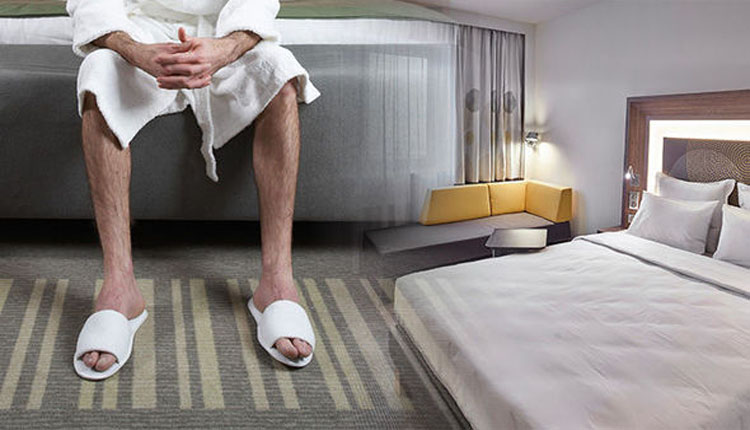
1. A Hygiene Barrier Between Feet and Floors
Hotel room floors, despite regular cleaning, can still harbor bacteria, fungi, or viruses due to high guest turnover. Guests from different regions, with varying levels of cleanliness, walk barefoot or with socks on the same floors. This increases the risk of cross-contamination and foot-related conditions such as fungal infections or warts.
Providing hotel slippers creates a protective barrier between the guest’s feet and potentially contaminated surfaces, especially in humid environments like bathrooms. Slippers help maintain personal hygiene and offer peace of mind, knowing they’re not walking directly on shared floors.
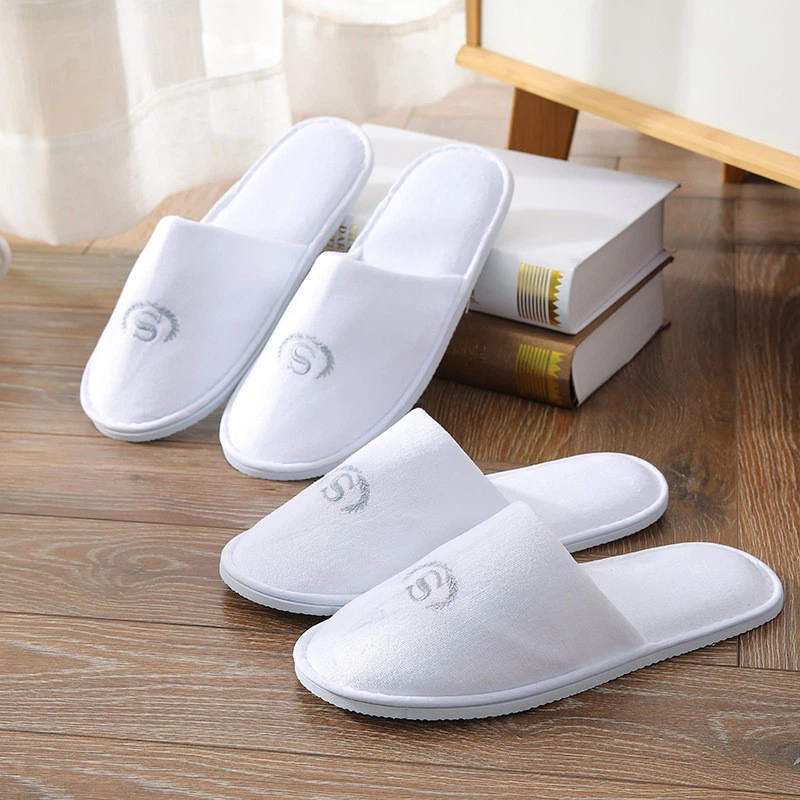
2. Enhancing Comfort and Sensory Experience
After a long journey, stepping into a hotel room and seeing a clean, fresh pair of slippers beside the bed sends a subtle yet powerful message: “We care about your comfort.” Slippers add to the cozy, home-like feeling of the stay and are a symbol of thoughtful hospitality.
High-quality or soft slippers, especially those made of towel-like materials, contribute to a luxury experience. They allow guests to fully relax, reinforcing the idea that they are in a premium environment, especially in 4- and 5-star hotels.
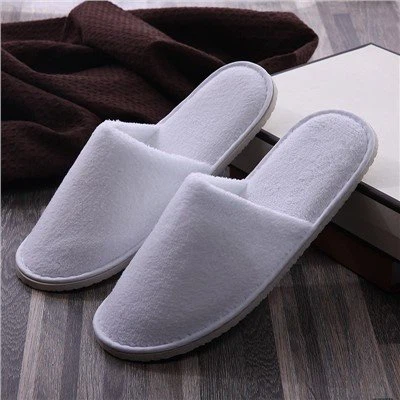
3. A Marker of Professional Service Standards
In hotels that follow international service standards, the presence of hotel slippers is expected. Well-traveled guests, particularly those accustomed to staying in reputable accommodations, often associate the availability of slippers with the quality and professionalism of the establishment.
Reviews on booking websites frequently mention whether slippers and other amenities were provided. Failing to include such items may lead to negative feedback or lower guest satisfaction scores. In this sense, offering slippers reflects a commitment to meeting global expectations.
4. Branding and Marketing through Slippers
Many hotels customize their slippers with logos or colors that match their brand identity. These slippers become part of the guest’s memory—some guests even take them home as a souvenir. This creates a unique opportunity for word-of-mouth marketing and brand visibility beyond the hotel premises.
In some upscale hotels, slippers are part of the paid merchandise collection. Offering them as premium items not only enhances the guest experience but also generates additional revenue.
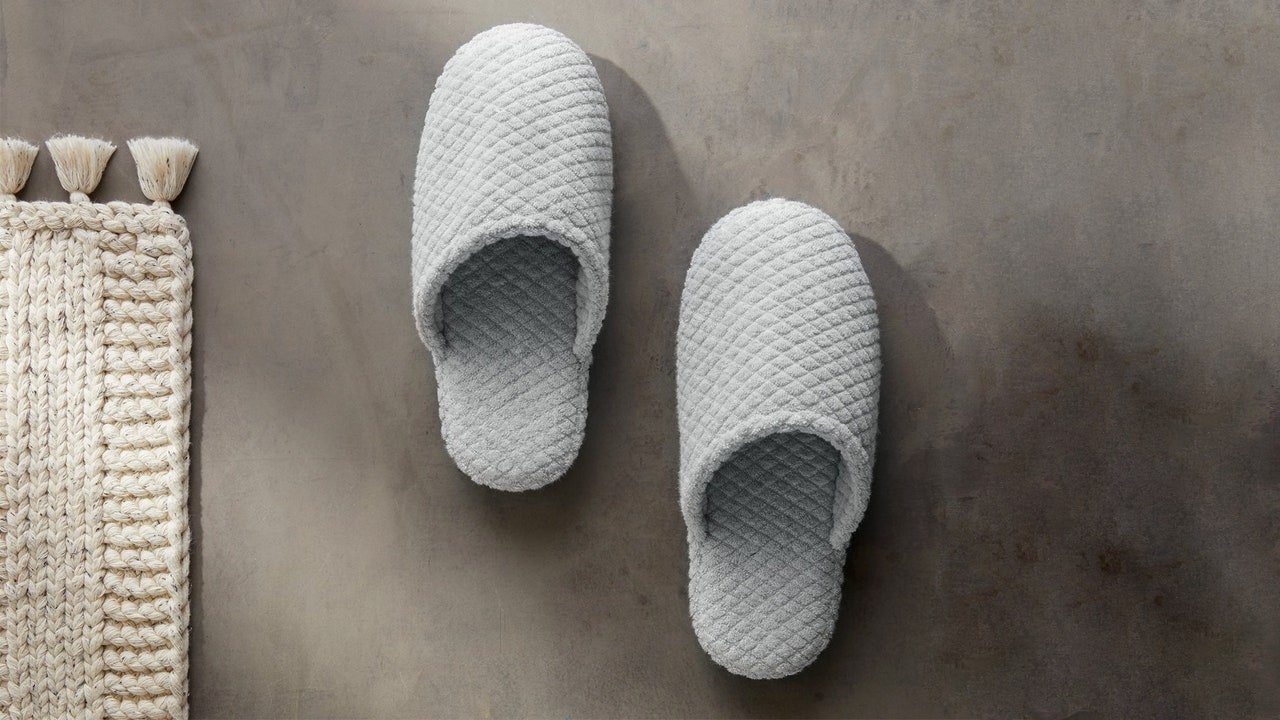
5. Compliance with Hygiene Regulations
In certain countries, hospitality regulations recommend (or require) that frequently touched or worn items like towels and slippers be either disposable or easily sanitizable. Hotels that neglect to offer hygienic slippers risk violating health guidelines, especially in the post-COVID era where guests are more hygiene-conscious than ever.
Failing to meet these expectations may not only result in poor reviews but can also damage a hotel’s image and trustworthiness.
Conclusion
Hotel slippers may be small in size, but their impact is substantial. They support hygiene, add to the overall guest comfort, and serve as subtle indicators of quality and attention to detail. While some hoteliers might consider cutting costs by skipping this item, the long-term effects—such as diminished guest satisfaction, negative reviews, and even health concerns—can be far more costly.In short, providing clean and comfortable slippers is not just a luxury—**it’s a necessity** in modern hotel management.




